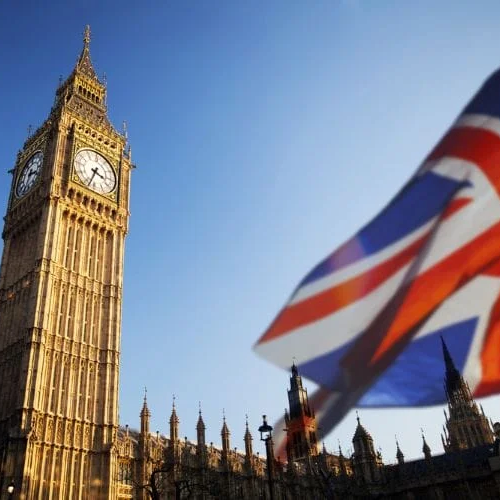Russia has announced new sanctions against 15 Members of Parliament (MPs) from the United Kingdom, along with six members of the House of Lords. These politicians are now banned from entering Russia. The decision was made public through a statement from Russia’s foreign affairs ministry, which accused the UK government of spreading lies and trying to make Russia look like the enemy.
The Russian ministry said that the UK was “fabricating anti-Russian narratives” and trying to “demonise” the country. This means that Russia believes the UK is creating false stories and portraying Russia in a very negative light, especially during the ongoing conflict in Ukraine.
This move is not the first time Russia has responded this way. Similar sanctions have been placed on other British politicians in the past. But this round is more specific, targeting people who have spoken out about Russia’s role in the war in Ukraine and suggested strong actions to hold the country accountable.
Why These MPs Were Targeted
The MPs who have been sanctioned are from different political parties, showing that Russia’s response isn’t aimed at just one group. These lawmakers have one thing in common: they have all called for frozen Russian money, held in the UK and other countries, to be taken and used to help Ukraine defend itself.
Russia’s Powerful MiG-41 Could Outclass US F-35 Despite Global Sanctions
Some of these MPs have recently traveled to Ukraine and shared their experiences of the damage caused by the war. Others have said publicly that the UK should take tougher steps against Russia, including using Russian funds to rebuild Ukraine and support its people.
The Russian government described these actions as “hostile” and said they were based on lies and unfair judgments. According to the statement, Russia feels that such remarks are part of a larger plan by the UK to ruin its reputation on the world stage.
Even though being banned from Russia might not have much effect on these MPs’ daily lives, many of them took the announcement as a badge of honor. They have said that the sanctions will not stop them from speaking out against the war or supporting Ukraine.
A Pattern of Retaliation
This latest round of sanctions adds to the ongoing tension between Russia and the United Kingdom. Since the war in Ukraine began in 2022, the UK has taken several actions against Russia, including freezing assets, cutting off trade links, and placing travel bans on Russian officials.
In return, Russia has responded with its own lists of bans. This is part of what’s known as a “tit-for-tat” strategy, where each country takes turns punishing the other. In this case, the 15 new MPs added to Russia’s banned list include many who were elected in 2024, showing that even new politicians are being closely watched by Moscow.
‘China Track’ Fuels Russia’s $245 Billion Trade as It Sidesteps Western Sanctions
Also included in the sanctions are six peers from the House of Lords. These individuals have either worked on human rights issues, national security, or have previously advised the UK government on matters involving Russia. This shows that the Russian government is targeting not only critics but also those involved in shaping policies that challenge its actions.
A Split in the West
While other European countries, like France and Germany, are being more cautious about using frozen Russian money to help Ukraine, the UK has taken a stronger position. The British government has been more vocal in calling for these funds to be used for Ukrainian support, a stance that Russia strongly opposes.
These sanctions come as part of Russia’s broader effort to push back against criticism and put pressure on foreign governments that support Ukraine. By banning politicians, Moscow is sending a message: it won’t tolerate what it sees as unfair treatment or interference.
The situation reflects how deeply divided countries have become over the war in Ukraine. And as long as these divisions continue, actions like travel bans and asset freezes are likely to keep happening.


